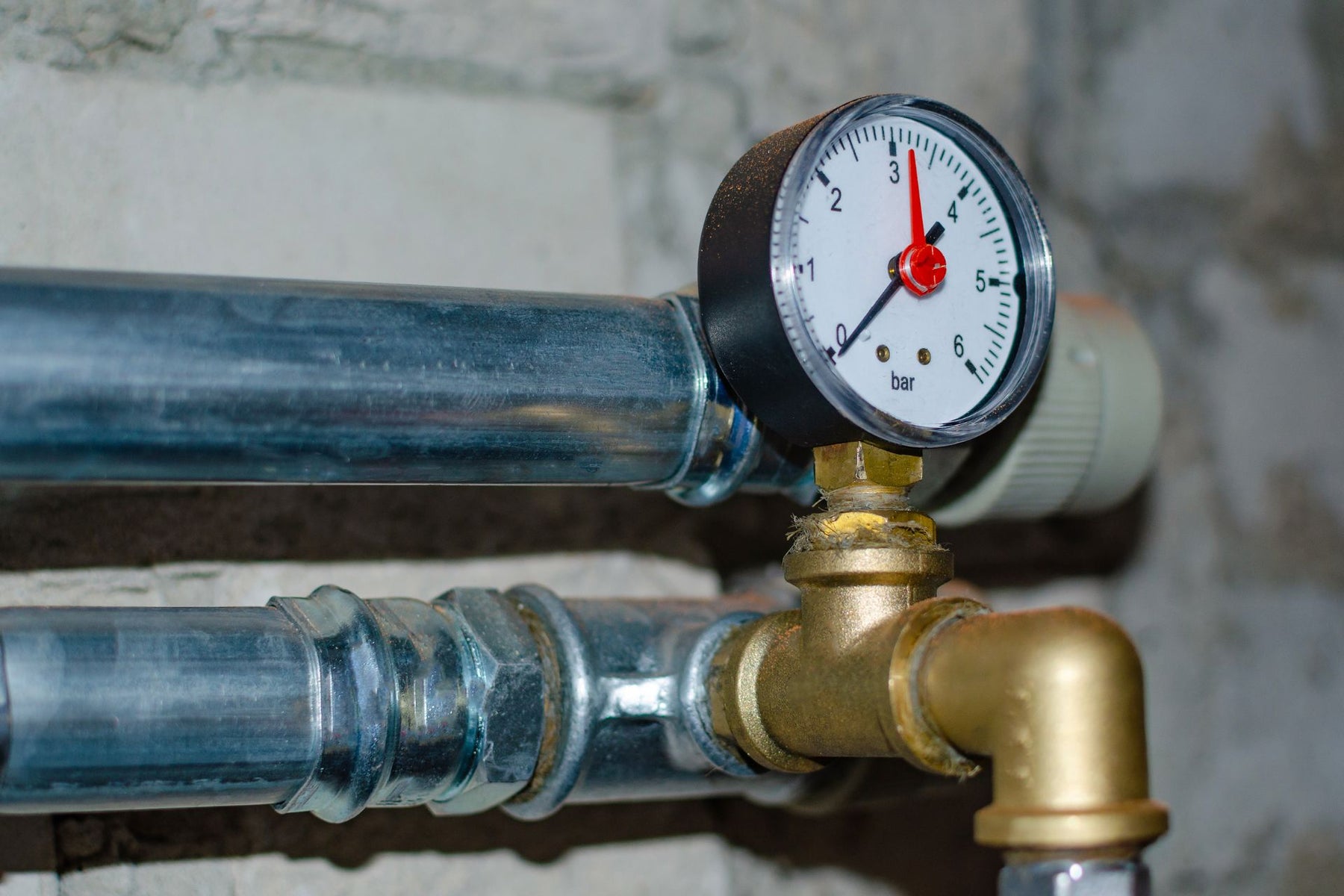
The Role of a Home Water Pressure Regulator in Your Plumbing
Often overlooked, a home water pressure regulator is an essential component of your home’s plumbing infrastructure. Not only does this device protect your pipes and appliances, it can reduce energy and water consumption to save you money on utility bills.
But how does a water pressure regulator work? What exactly does it do? Like the name suggests, it controls and maintains a safe and consistent water pressure level in your home's water supply, ensuring that water coming in from municipal pipes is at appropriate pressure. Sounds important? It is!
This blog will cover everything to know about this powerful plumbing fitting, including the specific advantages of a water pressure regulator for house water supply. Keep reading to learn more about how a water pressure regulator protects your plumbing.
What Is a Water Pressure Regulator?
When we’re discussing what controls water pressure, we need to start by thinking about the water pressure levels of different water supply lines. The municipal water supply is a high water pressure system, with water at about 150 psi to 200 psi (pounds per square inch). However, homes usually require a lower water pressure of about 45 psi to 80 psi.
This means the pressure of all incoming water needs to be reduced. The role of the home water pressure regulator is to control and maintain your home’s water pressure, adjusting the pressure of water from the main line to below 80 psi. Without this important valve, appliances and fixtures would be easily overloaded, resulting in leaks, burst pipes, and extensive damage to the whole system.
Water pressure regulators are adjustable, meaning there are numerous applications. Besides residential plumbing, they can also be used for irrigation systems, commercial settings, and fire suppression.
Types of Water Pressure Regulator for House
Not all water pressure regulators are the same. We’ll go over the details of some common pressure reducing valves and let you know how they reduce incoming water pressure.
How Does a Water Pressure Regulator Work?
Adding a water pressure regulator to your house stabilizes your plumbing system. When reducing pressure, the valve constricts its diaphragm to narrow the passage, lowering the pressure to the safe range, typically between 45 psi and 80 psi. Conversely, when the water pressure is too low, the regulator opens its diaphragm, widening the passage to allow more water flow.

Why You Should Have a Home Water Pressure Regulator
Not all homes have a pressure-reducing valve installed. In places where the municipal water pressure is lower, they may not be necessary. However, there are other advantages to having a device that regulates pressure.
Now that we’ve looked at how water pressure regulators use spring tension and diaphragms to reduce high water pressure and raise low pressure, let’s discuss the specific advantages in the home:
Prolonged Comfort
Stable water pressure is a matter of comfort. No one wants too little pressure while taking a shower, or too much pressure when trying to do dishes. Installing a pressure regulator in your home ensures your water flows exactly as you’d like it to.
Increased Savings
A home water pressure regulator helps you save money by controlling water flow, reducing unnecessary water consumption. It also lowers energy costs, as appliances like water heaters won’t need as much energy to heat a stabilized water supply.
Plumbing System Protector
If the water pressure in your home is much higher than what your plumbing is designed to handle, excessive pressure can break pipes and fittings, leading to leaks, floods, or bursts. Installing a pressure regulator ensures your system maintains safe pressure levels, preventing costly damage.
Extended Lifespan for Other Fixtures and Appliances
High water pressure wears out fixtures like your water heater, sink, or showerhead faster. A pressure regulator reduces the strain, improving their life expectancy by helping them function efficiently.
Related: 7 plumbing tips to beat the leak.
Can I Install a Water Pressure Regulator Myself?
Installing a residential water pressure regulator is a complex process. While you might find the right parts at your local hardware store, trying to install it yourself might negatively impact your plumbing system, leading to costly repairs down the line. For this reason, it’s best to rely on a licensed plumber for proper home water pressure regulator installation.
Professional plumbers will choose the correct pressure regulator size based on your supply line and home’s water pressure current readings. They can gather this data from a pressure gauge attached to the water line. Then, they’ll install the valve close to your water supply line and secure it with fittings, making any necessary adjustments to maintain a steady psi for your system.
High-Quality Water Pressure Regulators Available at NYDirect
Whether you're a professional plumber or a homeowner looking to save on utility bills and prevent appliance repairs, a home water pressure regulator is an essential addition to any plumbing system. At NYDirect, we have everything you need to adjust high water pressure and avoid leaks and burst pipes.
NYDirect is America’s top supplier of plumbing parts, with an exhaustive online catalog to meet your commercial and residential needs. Shop with us to experience the difference that high-quality products and service from a family-owned and operated business makes.
We offer exclusive perks through our free Pro Member Program. Sign up today for wholesale pricing, free same-day shipping, and more! Have questions? Contact us here for more information.
Shop Popular Brands
America's Leading
Plumbing Supplies Retailer
Save big on plumbing essentials with
our wholesale prices!


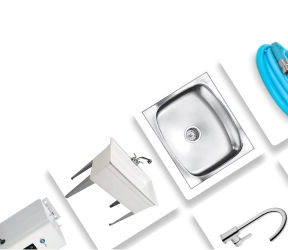

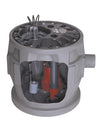

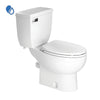

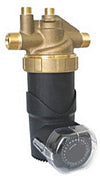

Leave a comment